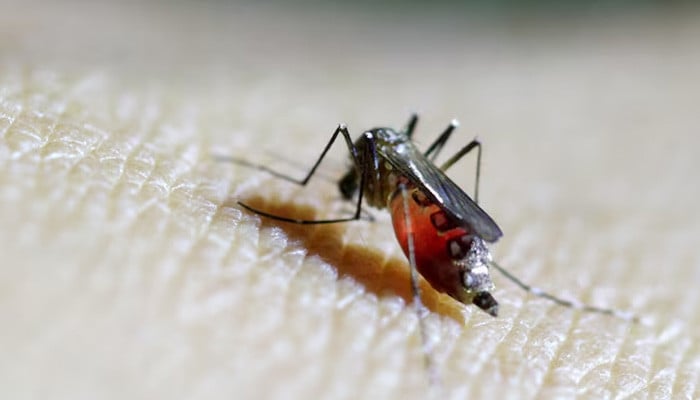Authorities in China implement measures that are comparable to those implemented during the COVID-19 Pandemie, because more than 7,000 cases of the Chikungunya mosquito virus have emerged since July in the province of Guangdong.
The outbreak is mainly concentrated in Foshan, making it the worst affected city, with at least 12 other cities in the province reporting infections, the BBC reported.
Almost 3,000 new cases were confirmed in the past week alone. On Monday, Hong Kong reported his first case after detecting the virus to a 12-year-old boy who had recently traveled to Foshan.
Chikungunya, known for causing fever and severe joint pain, is only transmitted by the bite of an infected mosquito and is not contagious. Although this virus is rare in China, it is more common in South and Southeast Asia.
In response to the outbreak, the authorities urge symptomatic persons to be tested and residents fine up to 10,000 yuan ($ 1,400) for not removing stagnant water from their houses.
Other efforts include the release of mosquito-eating fish and “elephant mosquitoes” to combat virus-spread insects. Foshan has also used drones to detect stagnant water sources.
Despite these aggressive measures, the outbreak has fueled public concern and the online debate. Some social media users wonder whether the COVID-like limitations are justified.
“These feel so familiar … But are they really needed?” A user wrote on the Chinese social media platform Weibo.
Another noticed: “What is the use of the quarantine? It is not as if an infected person bites biting.”
However, officials say that all cases have been mild so far, with 95% of patients who were fired within a week.






